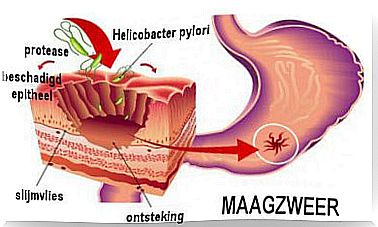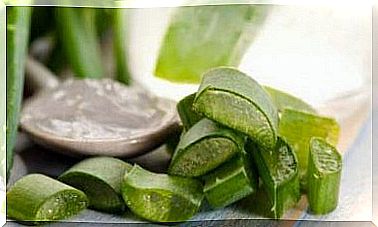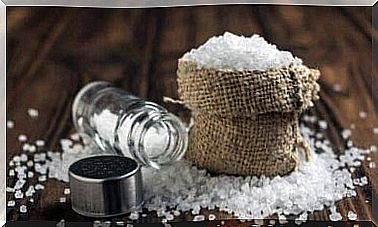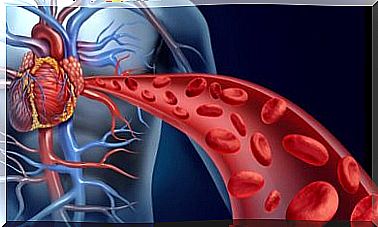How To Reduce Intestinal Gas With These 5 Effective Activities

Gas is created in the digestive tract when you swallow air and bacteria reach the undigested food. Below we will discuss how you can reduce intestinal gas.
The body expels intestinal gas to keep it from building up, but sometimes it stays inside and causes pain. It also tends to cause cramps and bloating, which can be very painful and annoying.
Fortunately, there are activities that can reduce intestinal gas and relieve these symptoms.
Activities to Reduce Intestinal Gas
1. Cycling

Cycling outside or on an exercise bike helps to get your stomach and intestines moving and to expel intestinal gases.
2. Hiking
Aerobic exercise stimulates bowel movements and helps break down gas bubbles. Walking briskly while breathing through your nose with your head up and shoulders back helps to circulate and eliminate intestinal gas.
3. Abdominal Exercises

Abdominal exercises cause the abdominal muscles to contract and relax, eliminating intestinal gas. They help move this gas efficiently through the digestive system.
- The best way is to lie with your back on a mat, bend your knees at a 45-degree angle and place your hands on your back.
- As you inhale, lift your head, neck, and shoulders as you tighten your abs.
- Make sure you let your abs do the work for you: don’t force or stiffen your neck.
- Lower your head and exhale.
- Repeat 12 to 15 times.
4. Yoga Poses

Many yoga poses (or asanas) can help reduce excess intestinal gas.
Intestinal gas liberating pose or Pavanmuktasana
- Lie on your back and bring your right knee toward your chest.
- Intertwine your fingers on the top of your knee to keep it pressed against you.
- Lift your head and try to touch your nose with your knee.
- Try and hold your breath for 10 to 20 seconds.
- Then release the pose and straighten your leg. Then repeat with your other leg.
cobra pose

- Lie on your stomach and straighten your legs with the tips of your toes against the mat.
- Your hands should be flat on the floor below your shoulders.
- Press your feet, hips, and pubic bone against the mat and straighten your arms until your chest is lifted as high off the mat as possible. Make sure to keep your lower body on the mat.
- Squeeze your glutes, keeping your tailbone pressed in and your shoulder blades back.
- Hold this position for 15 to 30 seconds. Your breathing should be smooth and normal.
- Then return to the starting position.
- Repeat this up to 5 times, until you have calmed the pressure in your abdomen.
5. Sit on the floor with knees to chest
- You can supplement these activities by putting both hands on your knees and drawing circles. You do this by keeping both legs together and moving your feet to the right.
- Then bring them up to your chest as much as possible and then bring your feet to the left.
Causes of intestinal gas

There are many factors that cause an overabundance of intestinal gas, some of which are habits that can be changed. Some examples of bad habits are:
- Eating or talking very quickly while eating. This leads to swallowing more air, causing intestinal gas.
- Not chewing food properly.
- Drinking soft drinks or sweet drinks.
Other factors that play a role are:
- Having a food intolerance.
- Using medications or antibiotics.
- Eating hard-to-digest foods that can lead to gas, such as: legumes, high-fat dairy products, high-fiber foods, and some vegetables.
- Conditions such as irritable bowel syndrome, constipation, dyspepsia and meteorism.
Prevent and reduce intestinal gas build-up
It’s essential that you take a few simple steps to prevent intestinal gas from building up while eating:
- Eat slowly and chew your food well. This leads to slower digestion without the food fermenting in the stomach, which would lead to more gas.
- Avoid chewing gum and smoking, as both can increase gas in the gut.
- Stop using artificial sweeteners as they can interfere with digestion.
- Make it a habit to consume herbal teas or herbs after eating lunch or dinner as they significantly aid digestion. The most recommended varieties include chamomile, lemon verbena, mint and anise.
- See a doctor if you have gas and other symptoms, such as stomach or rectal pain, heartburn, nausea, or vomiting.









